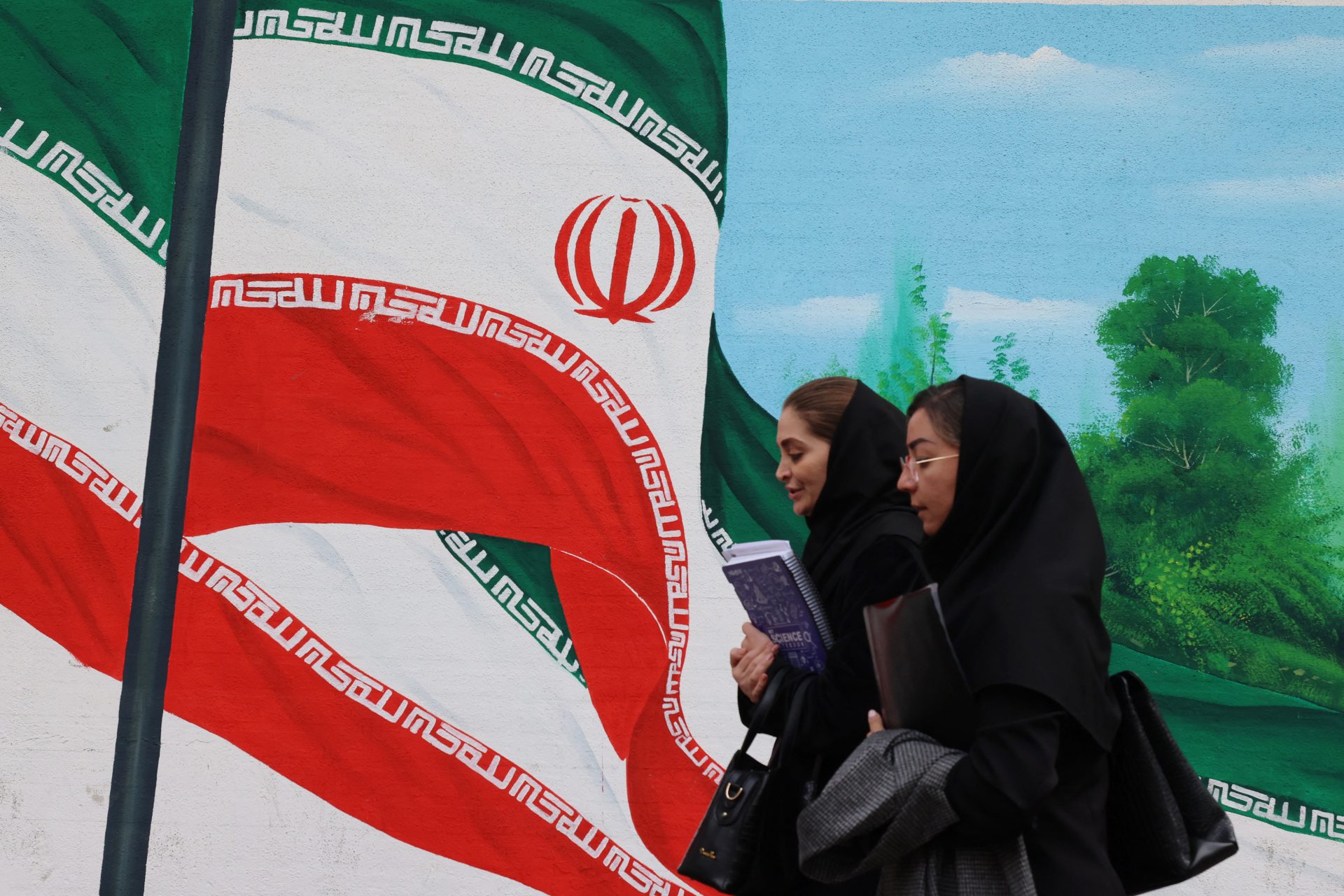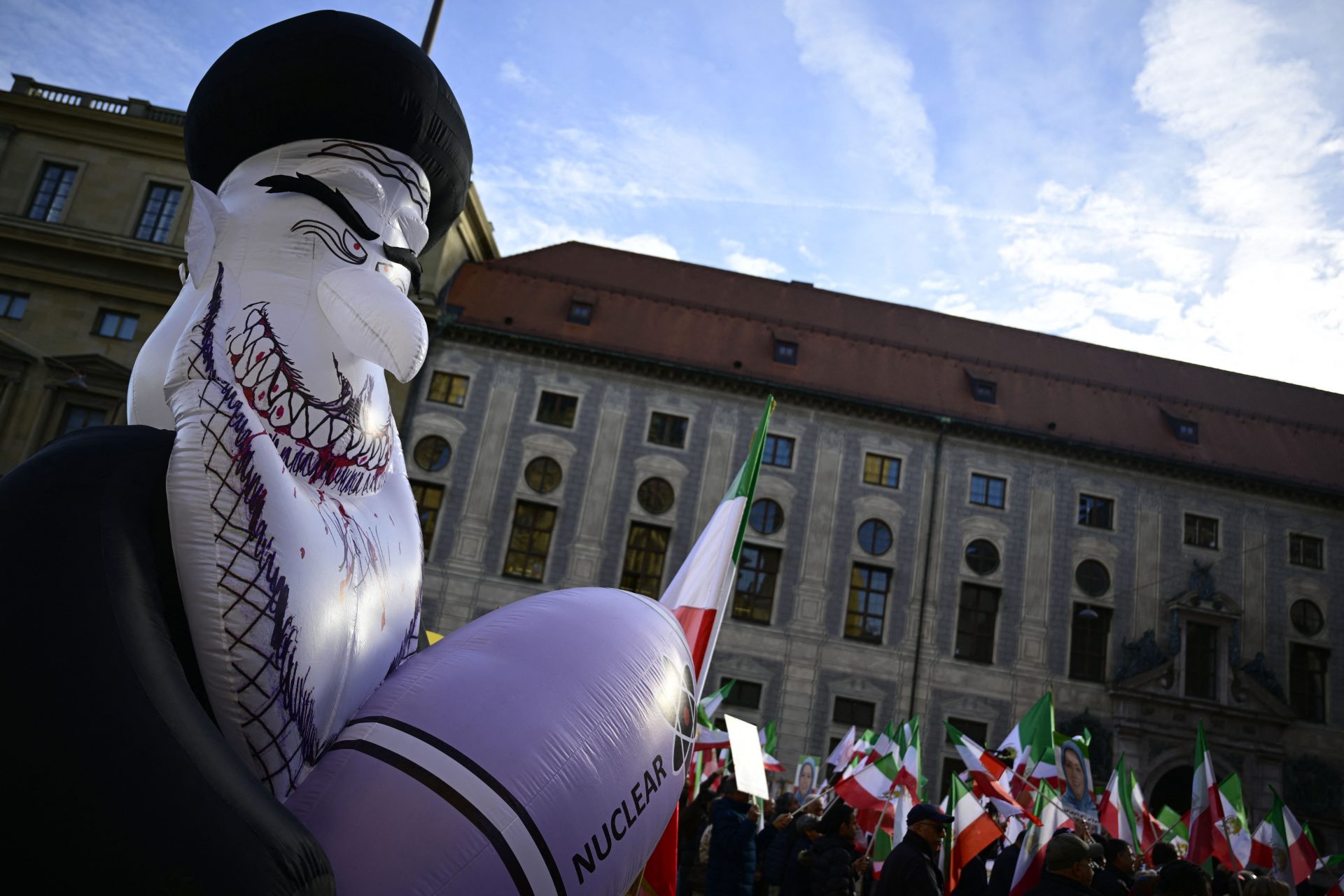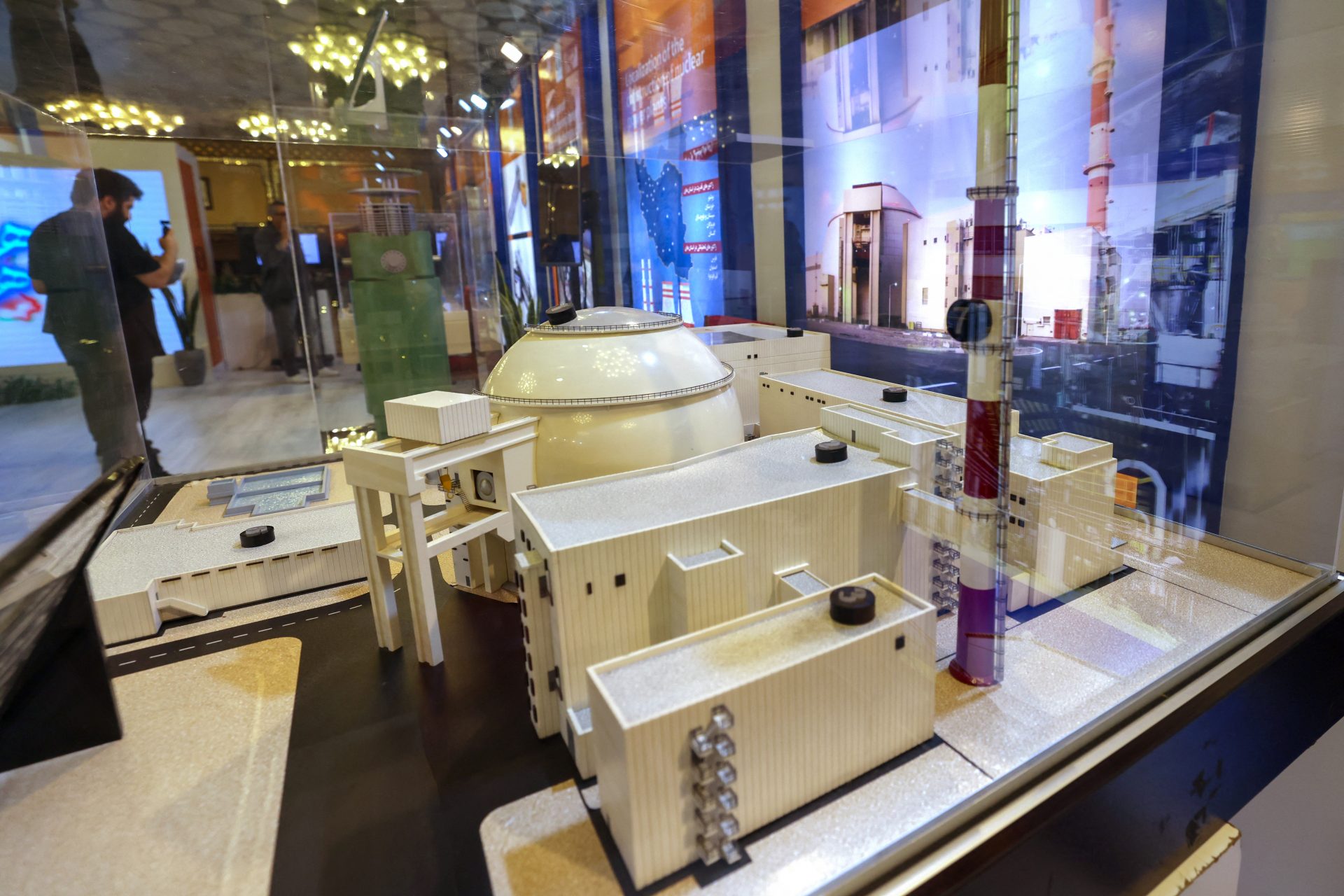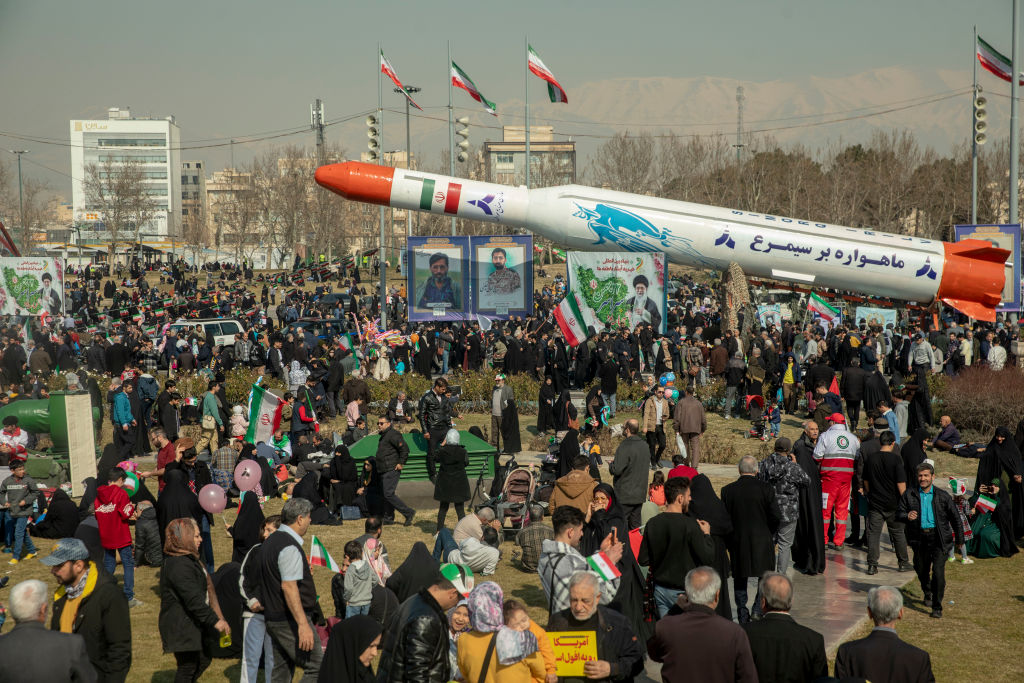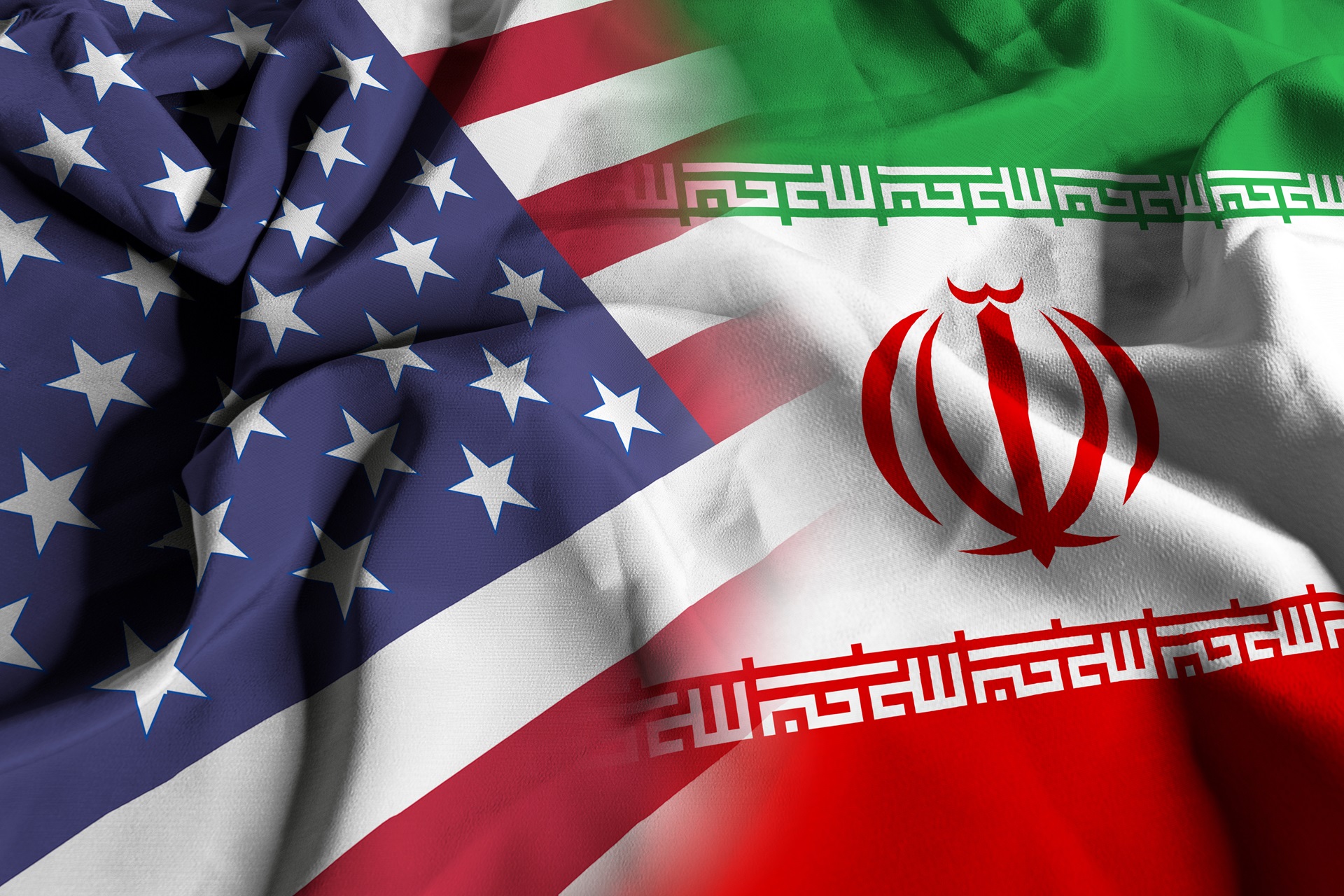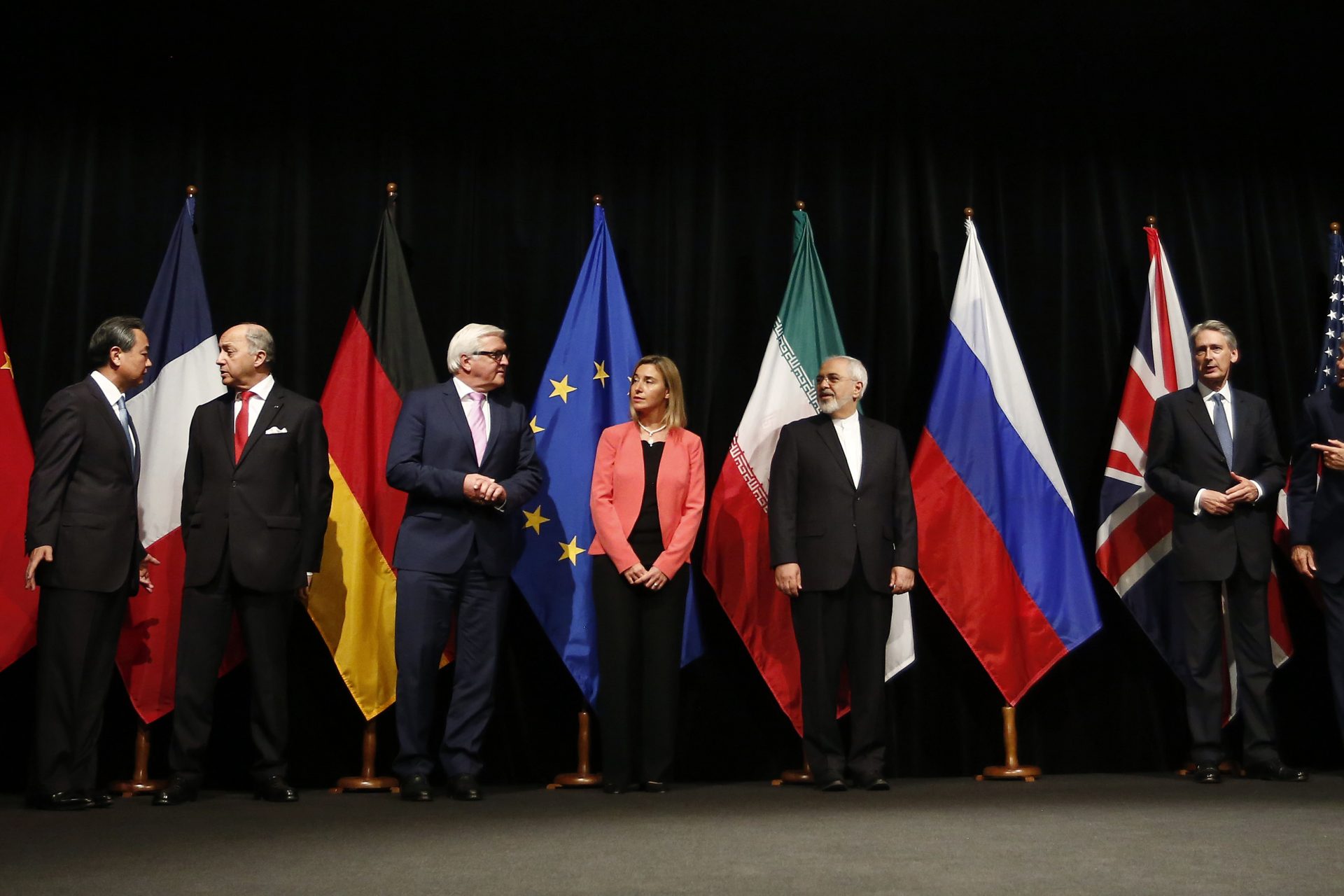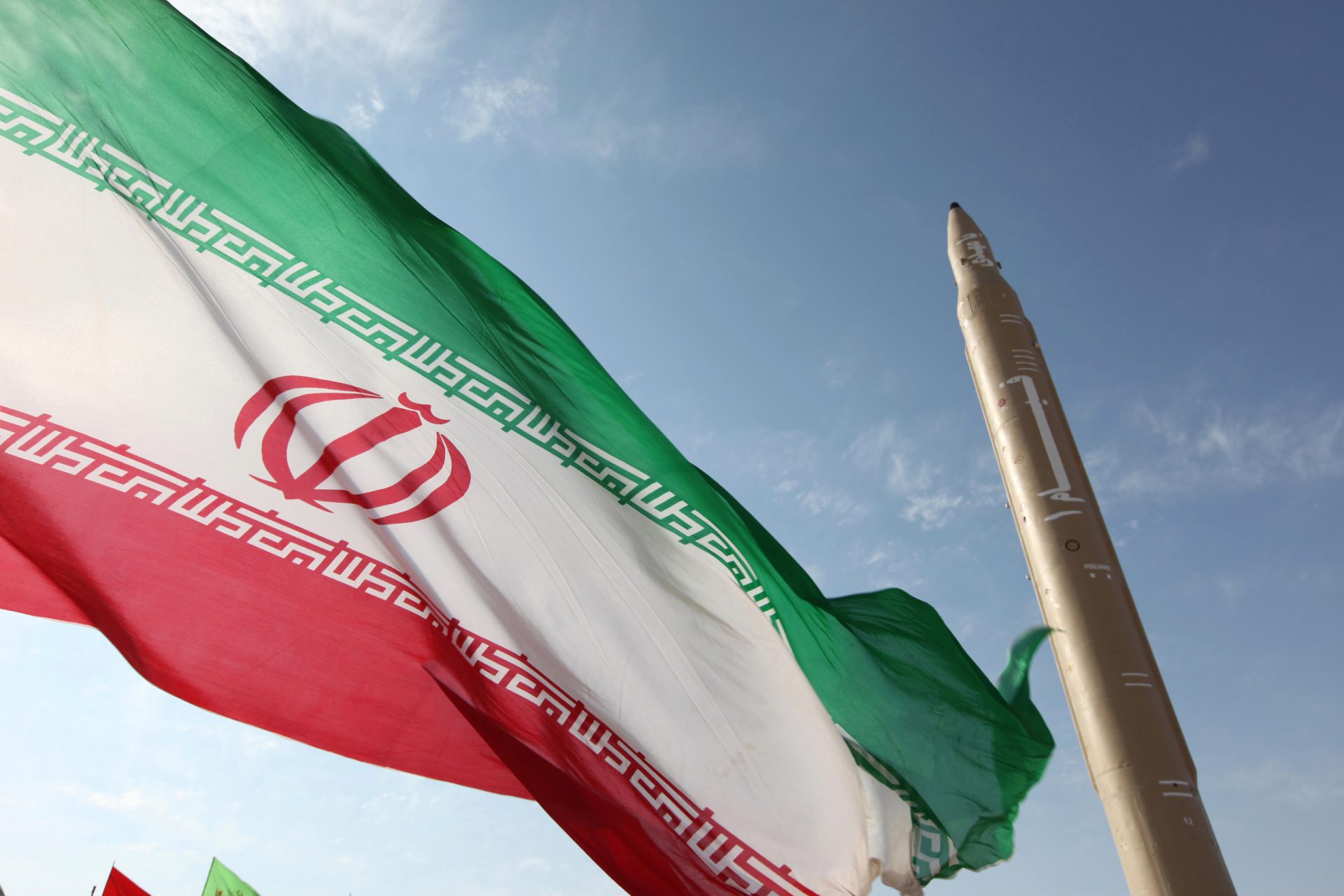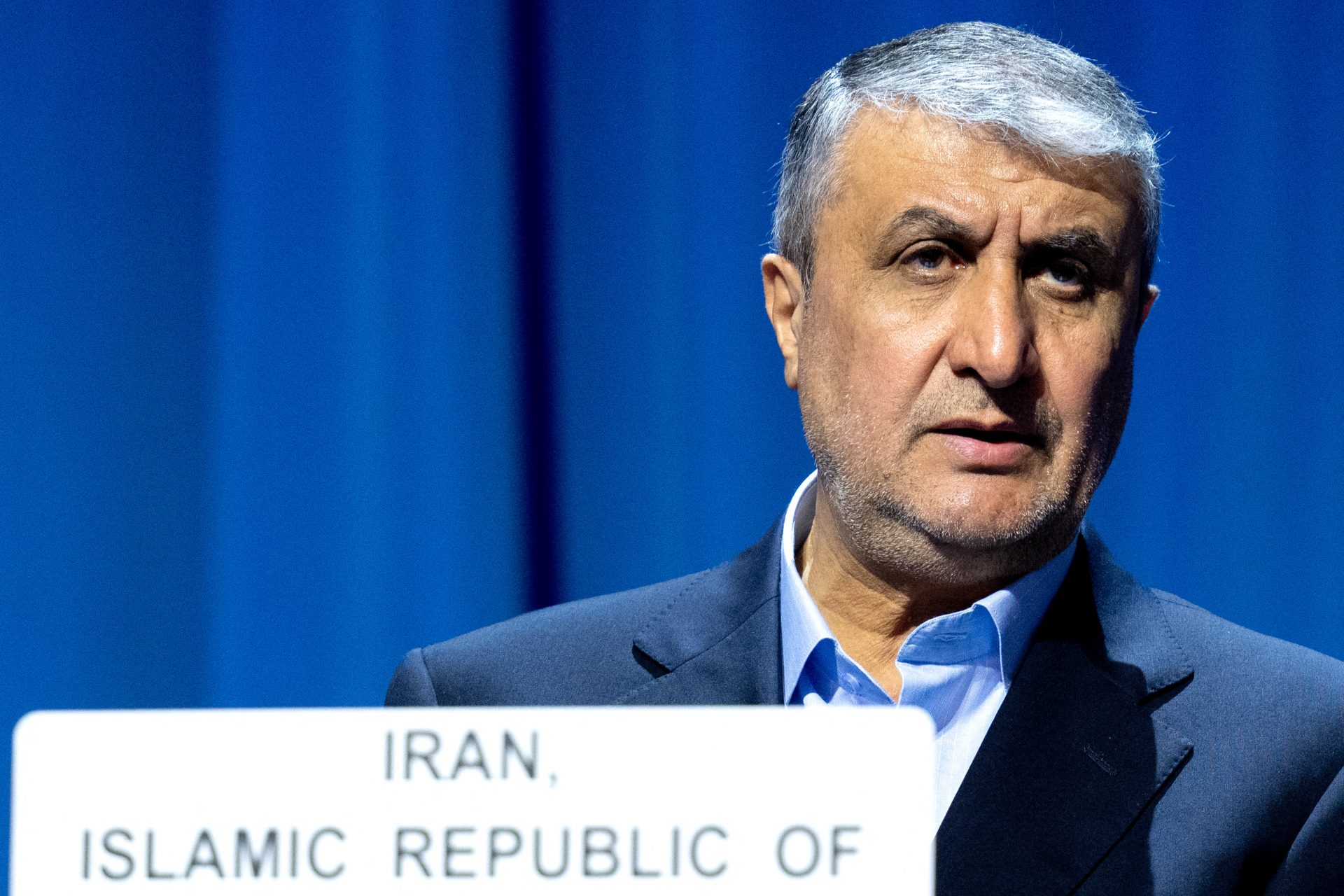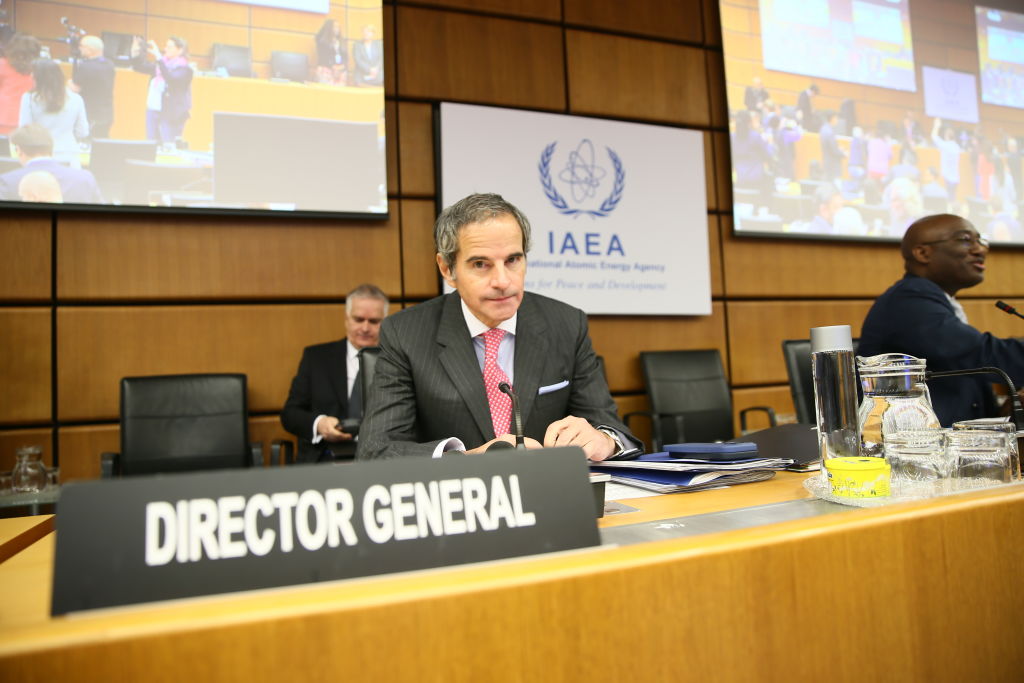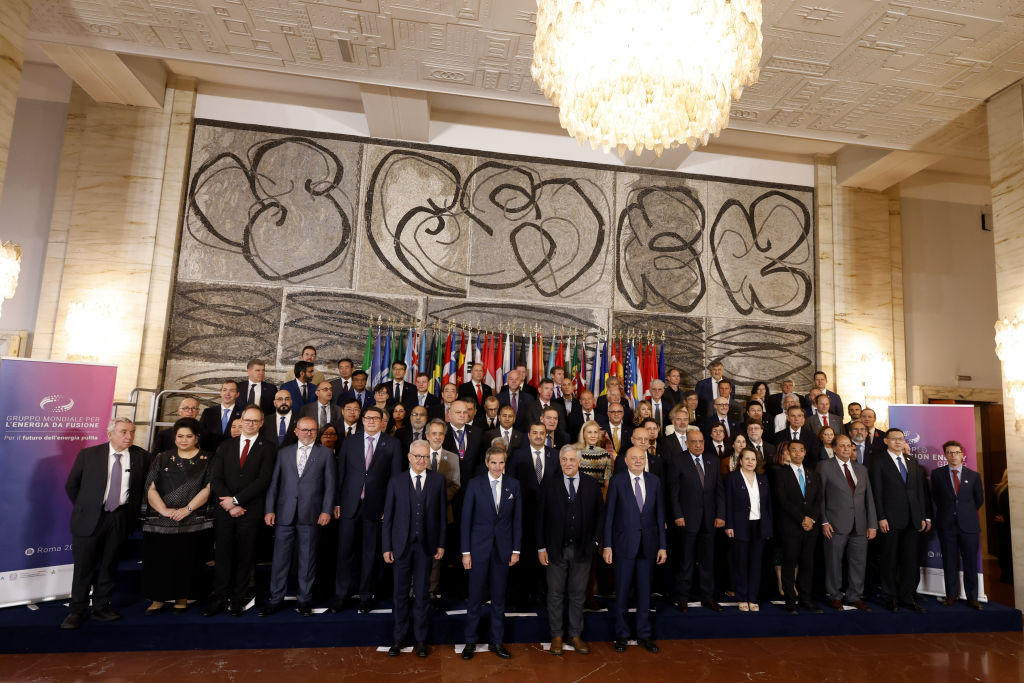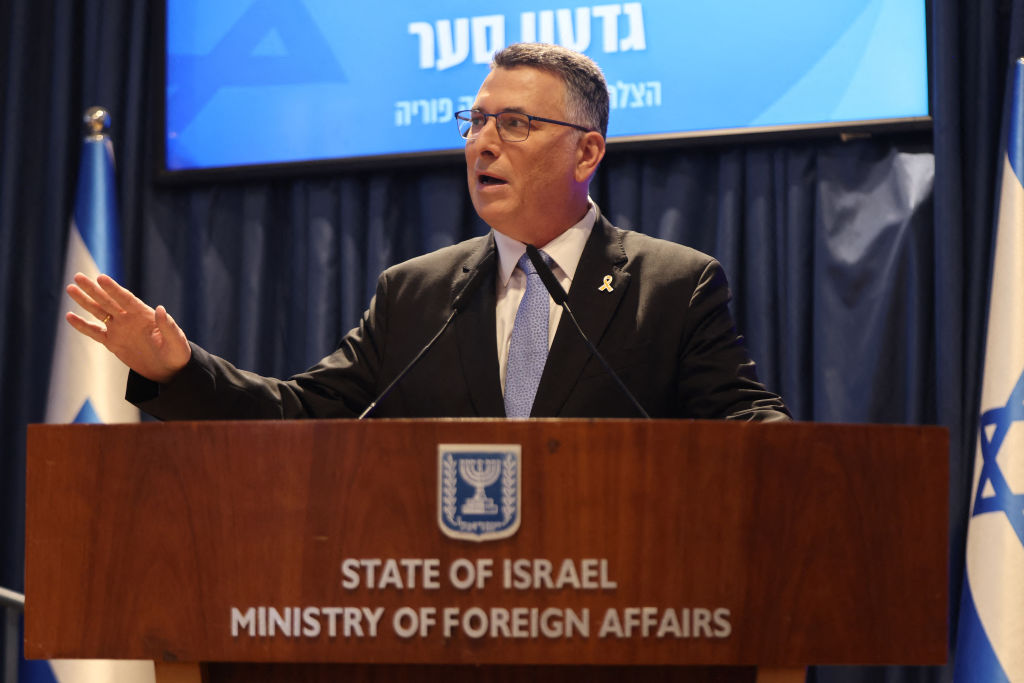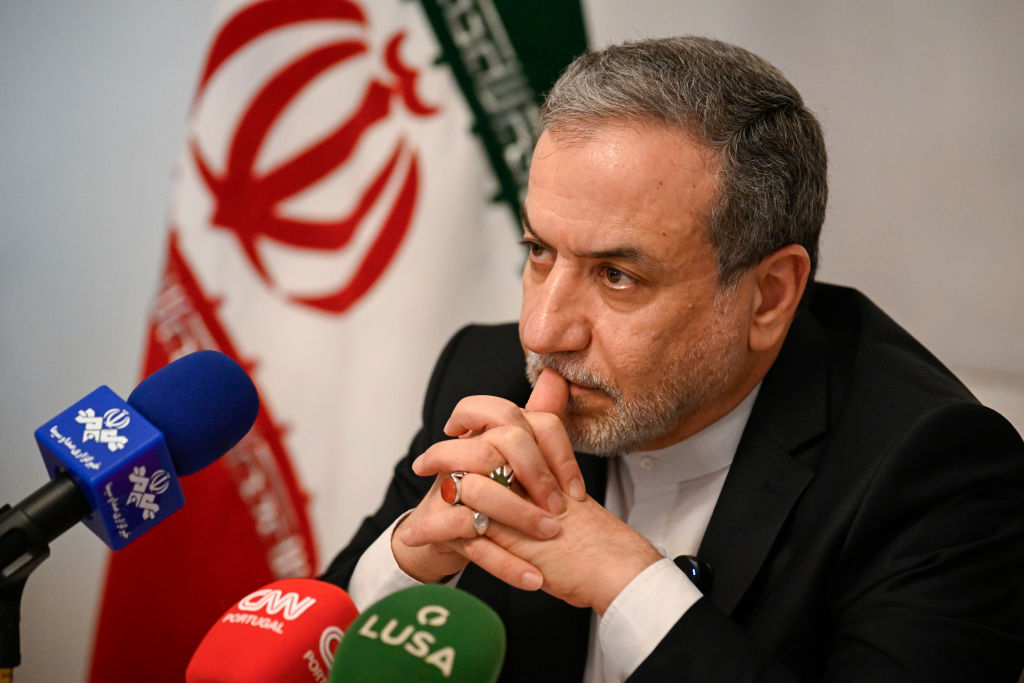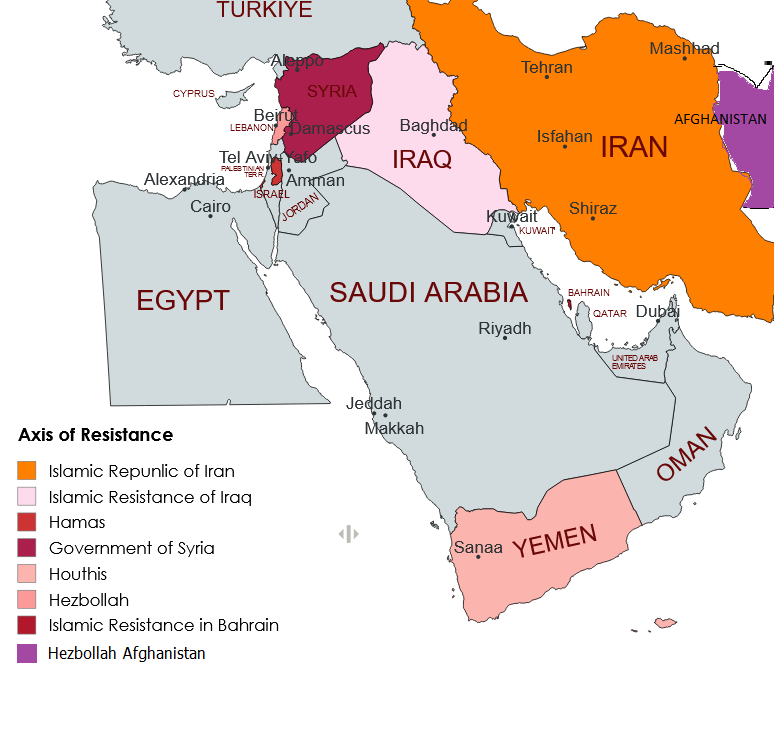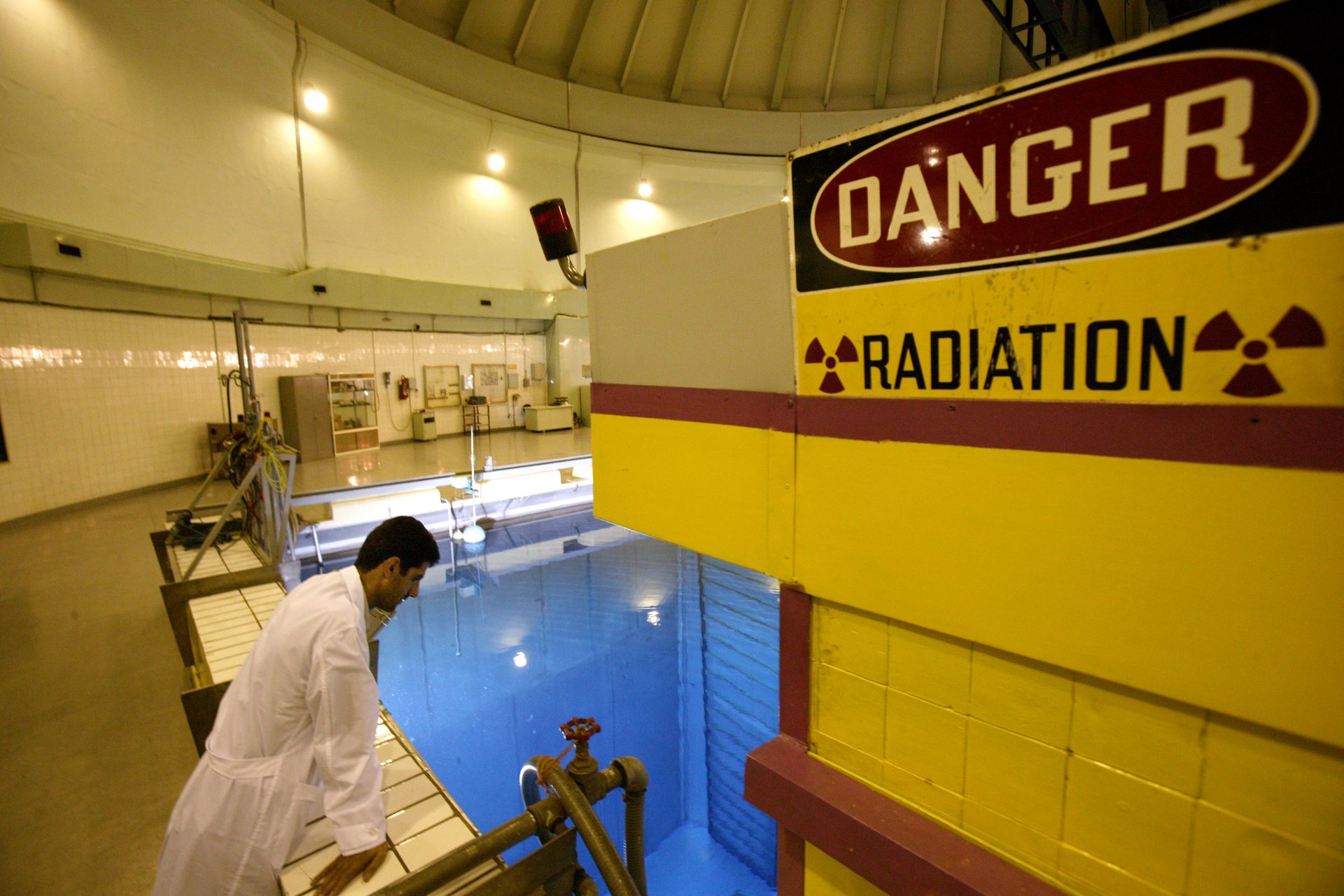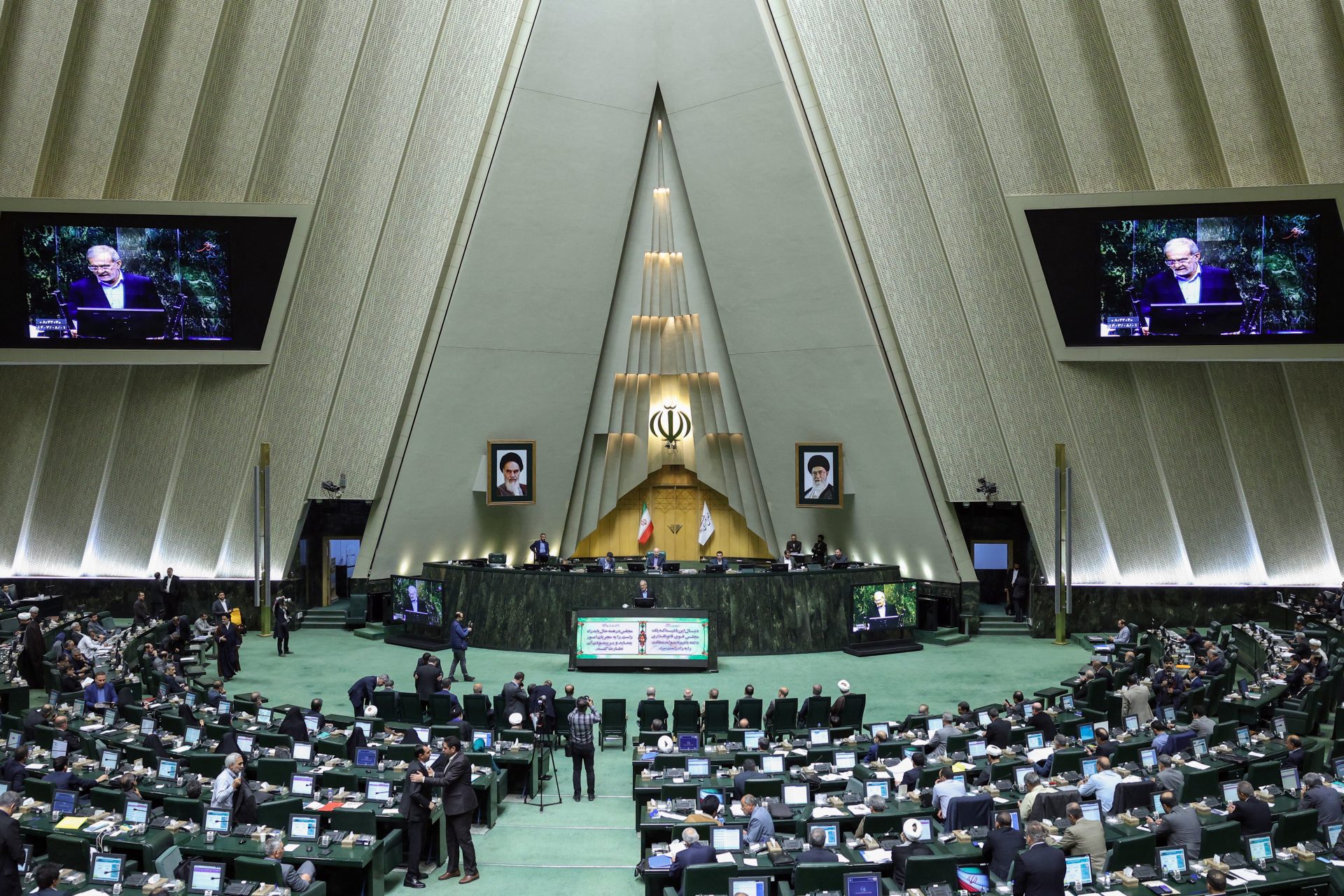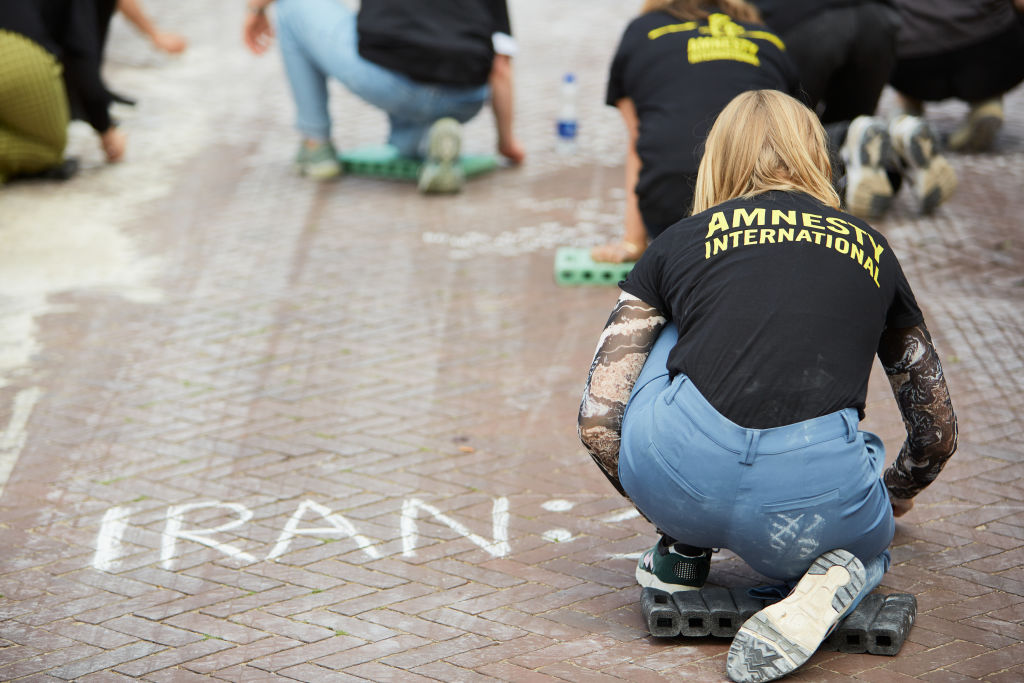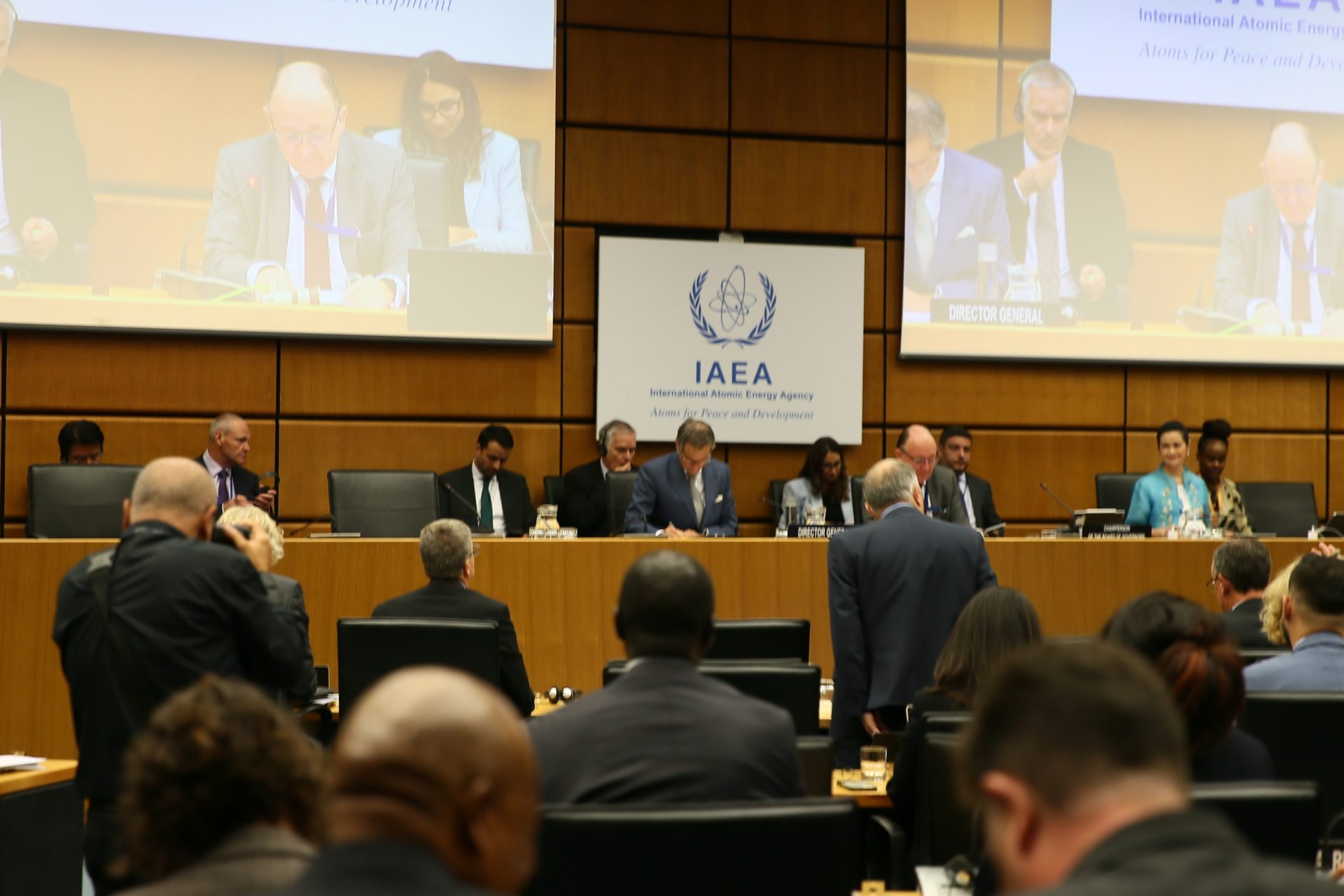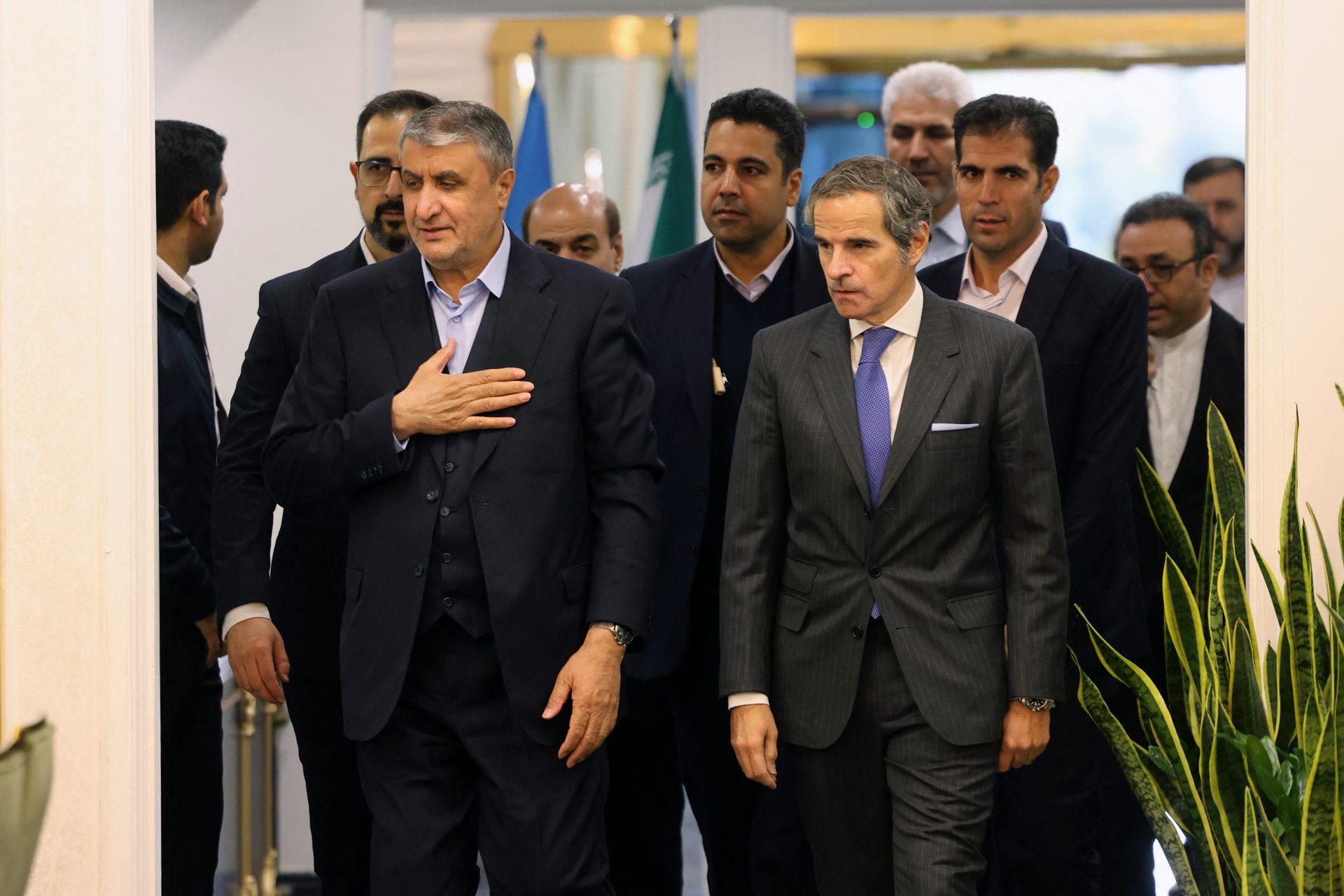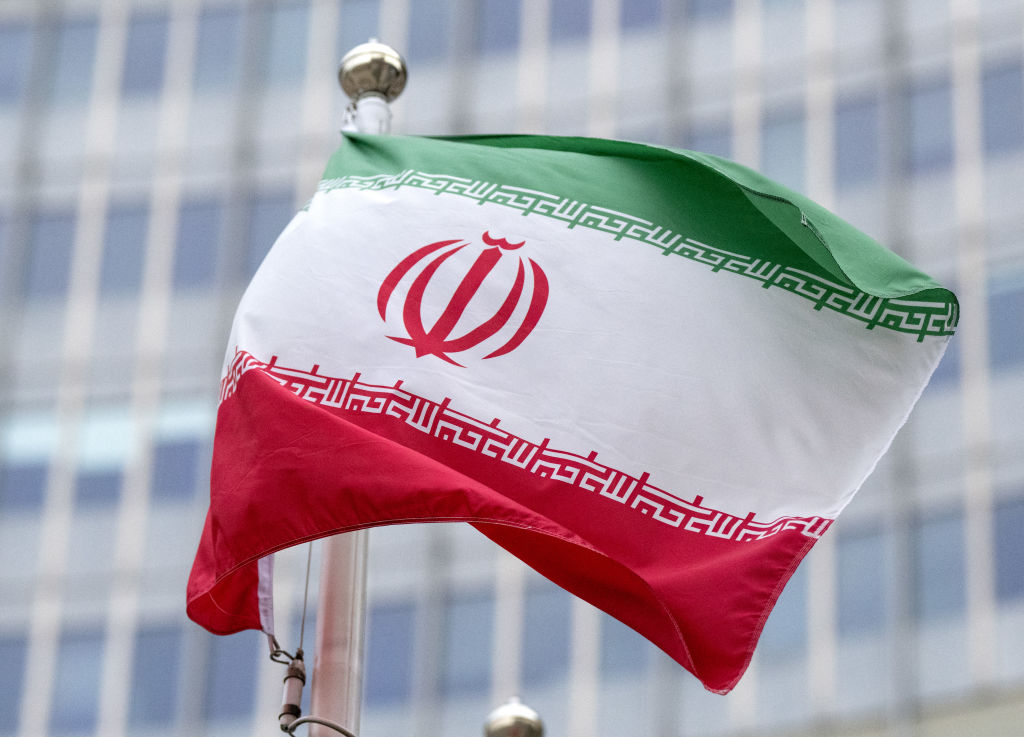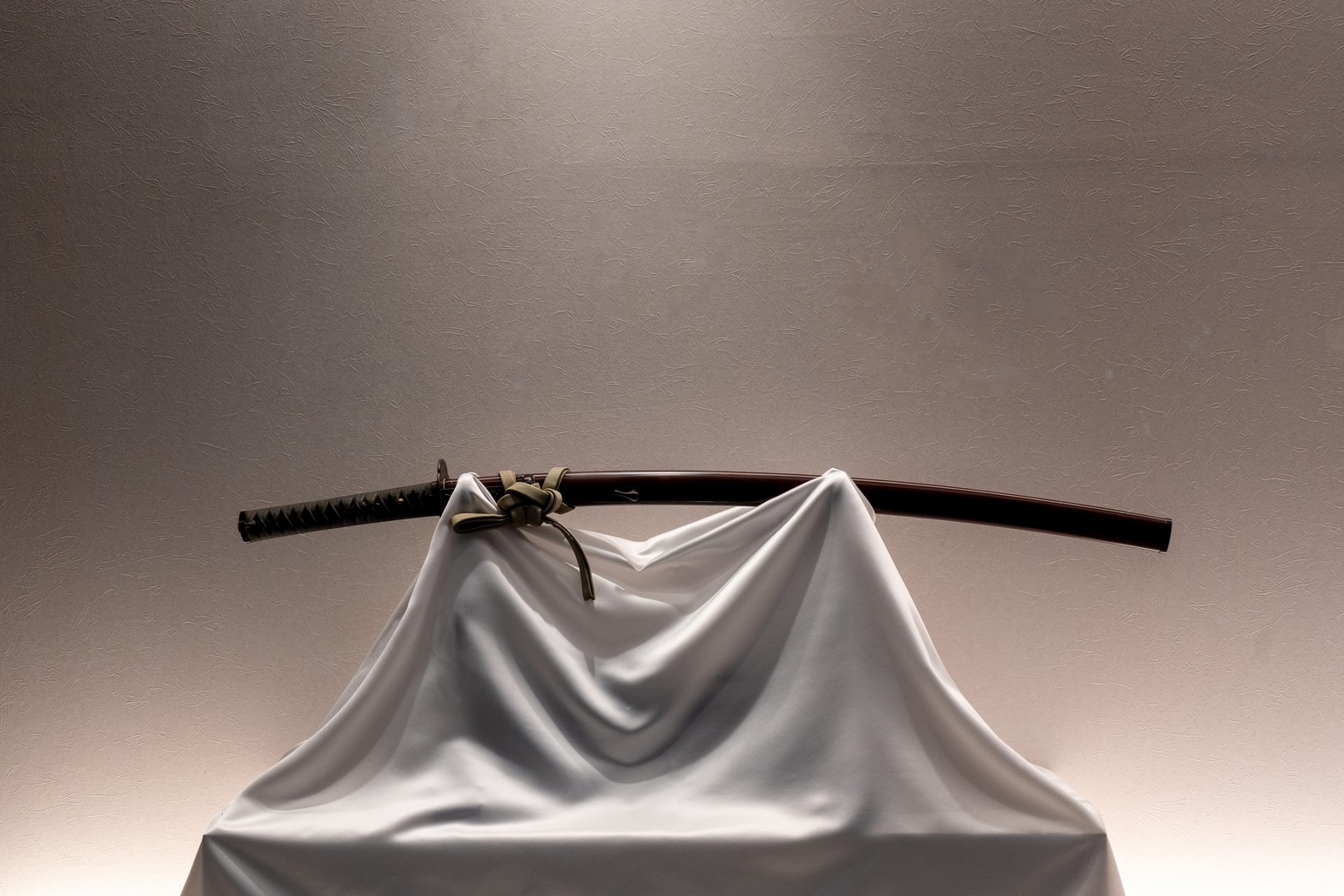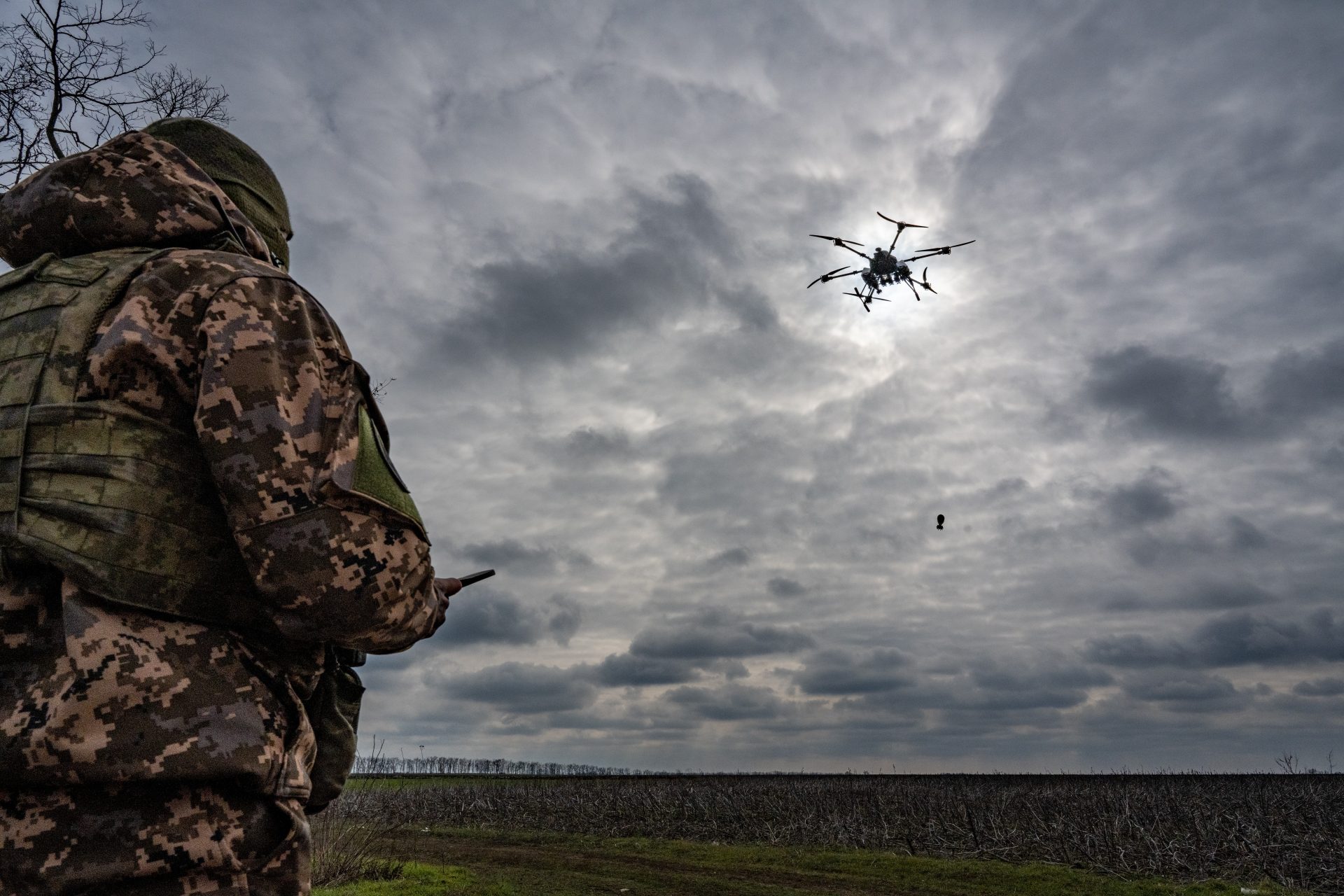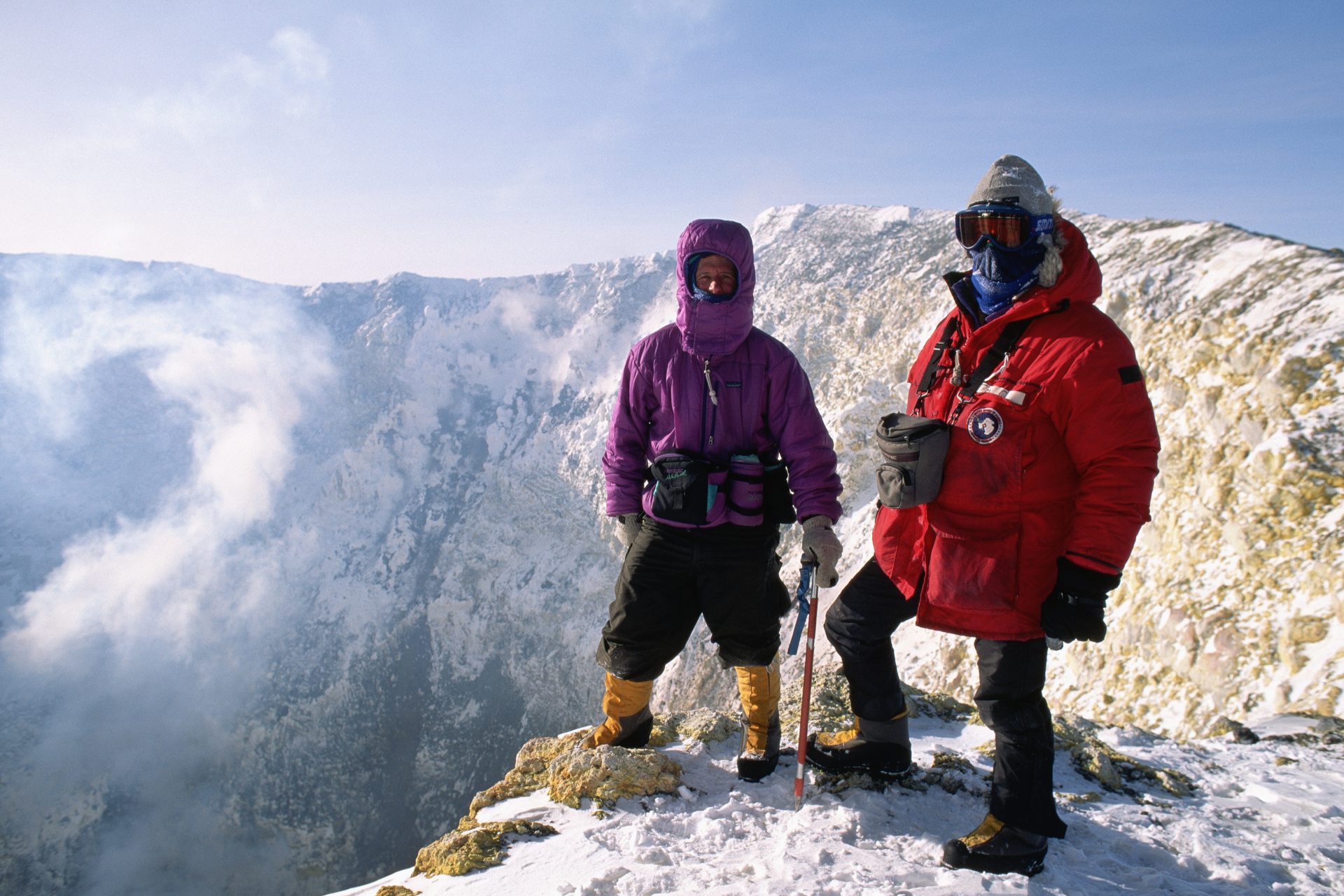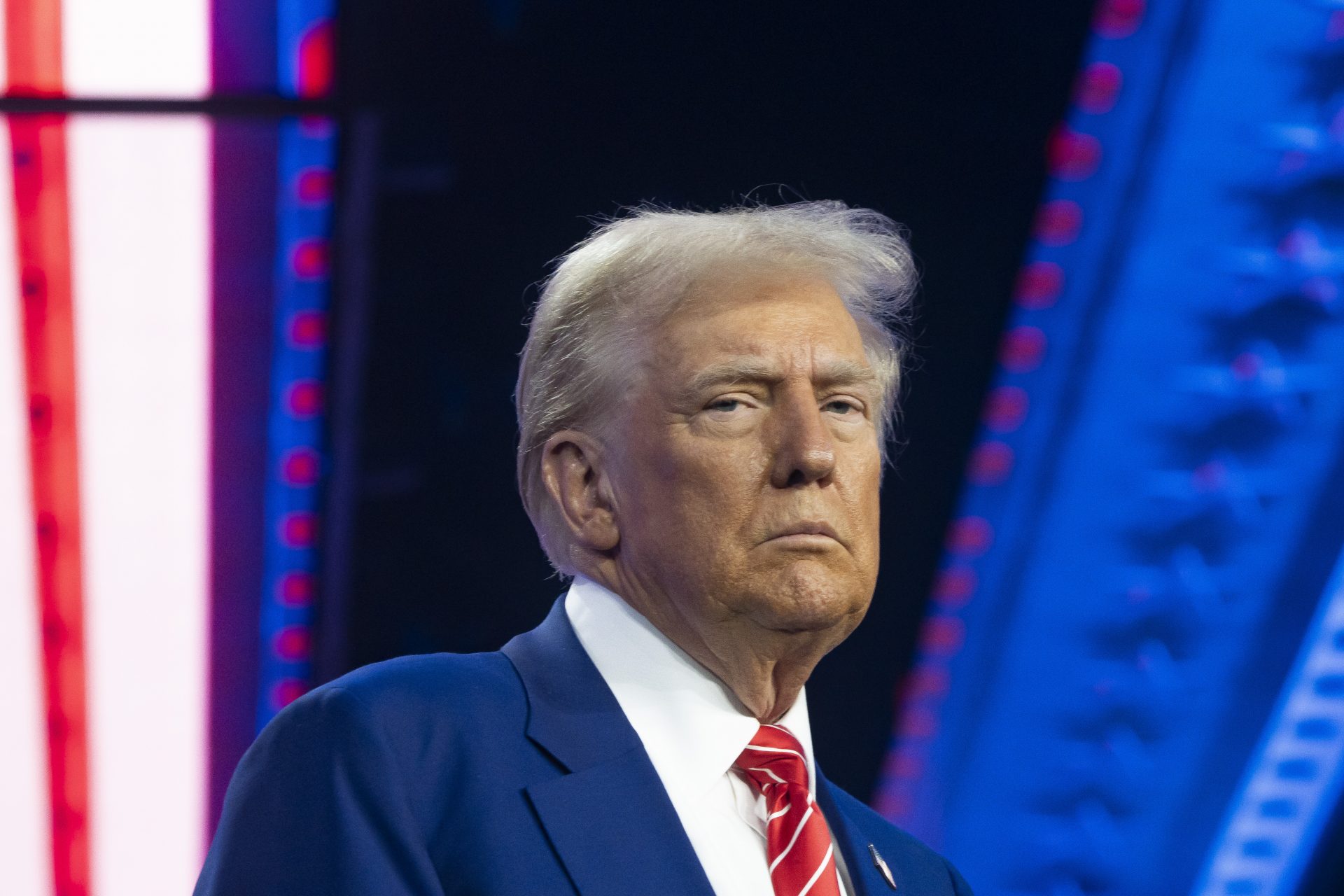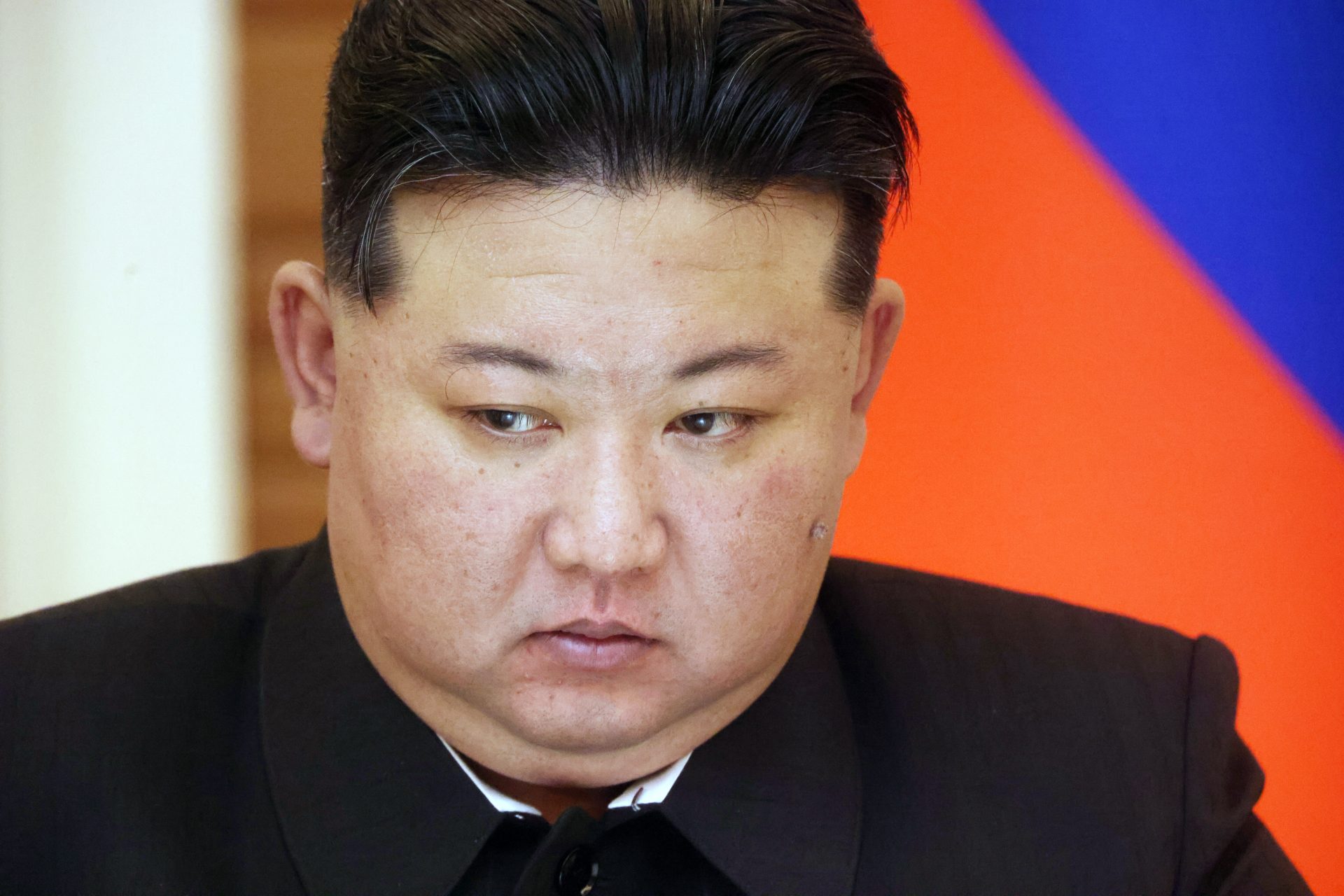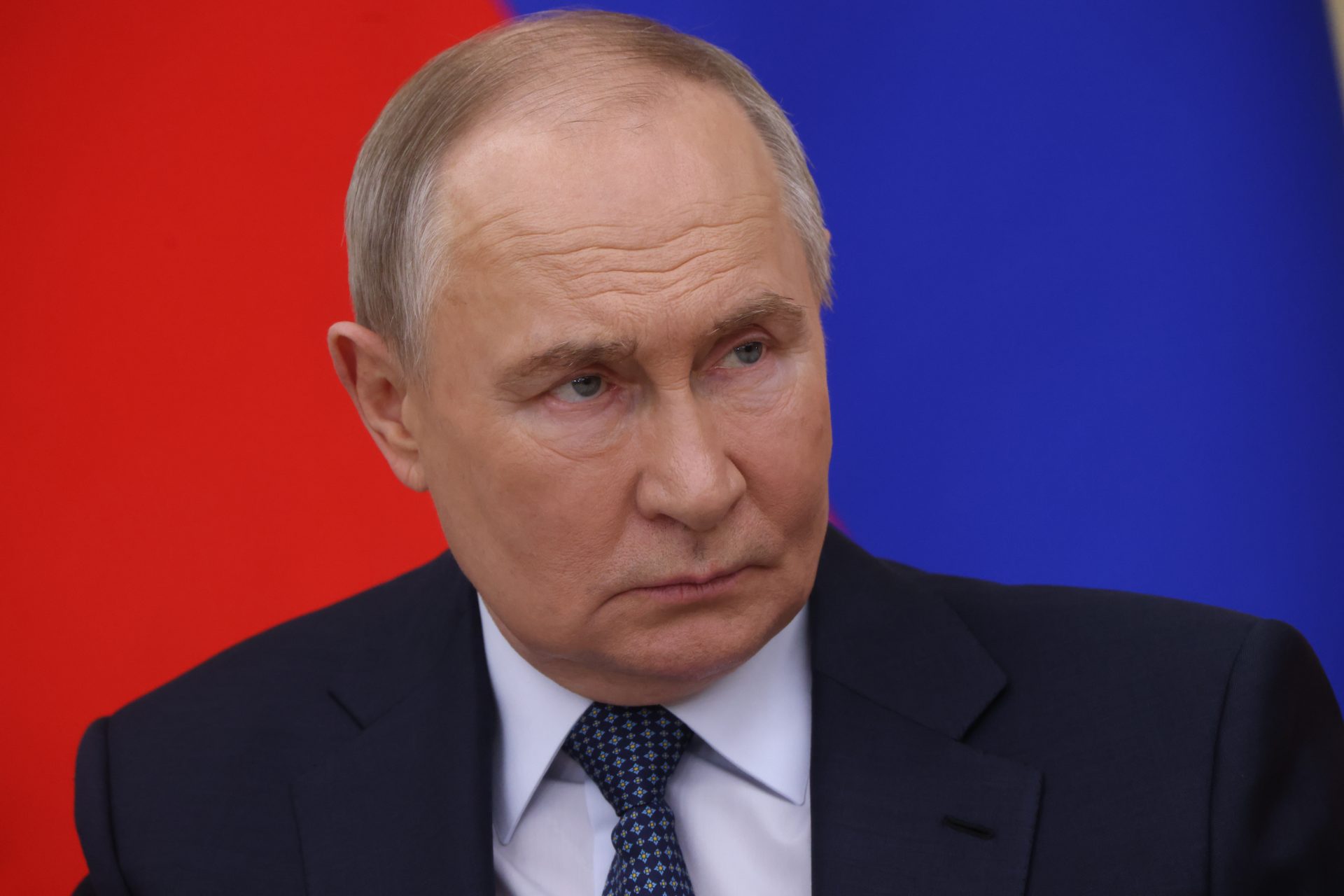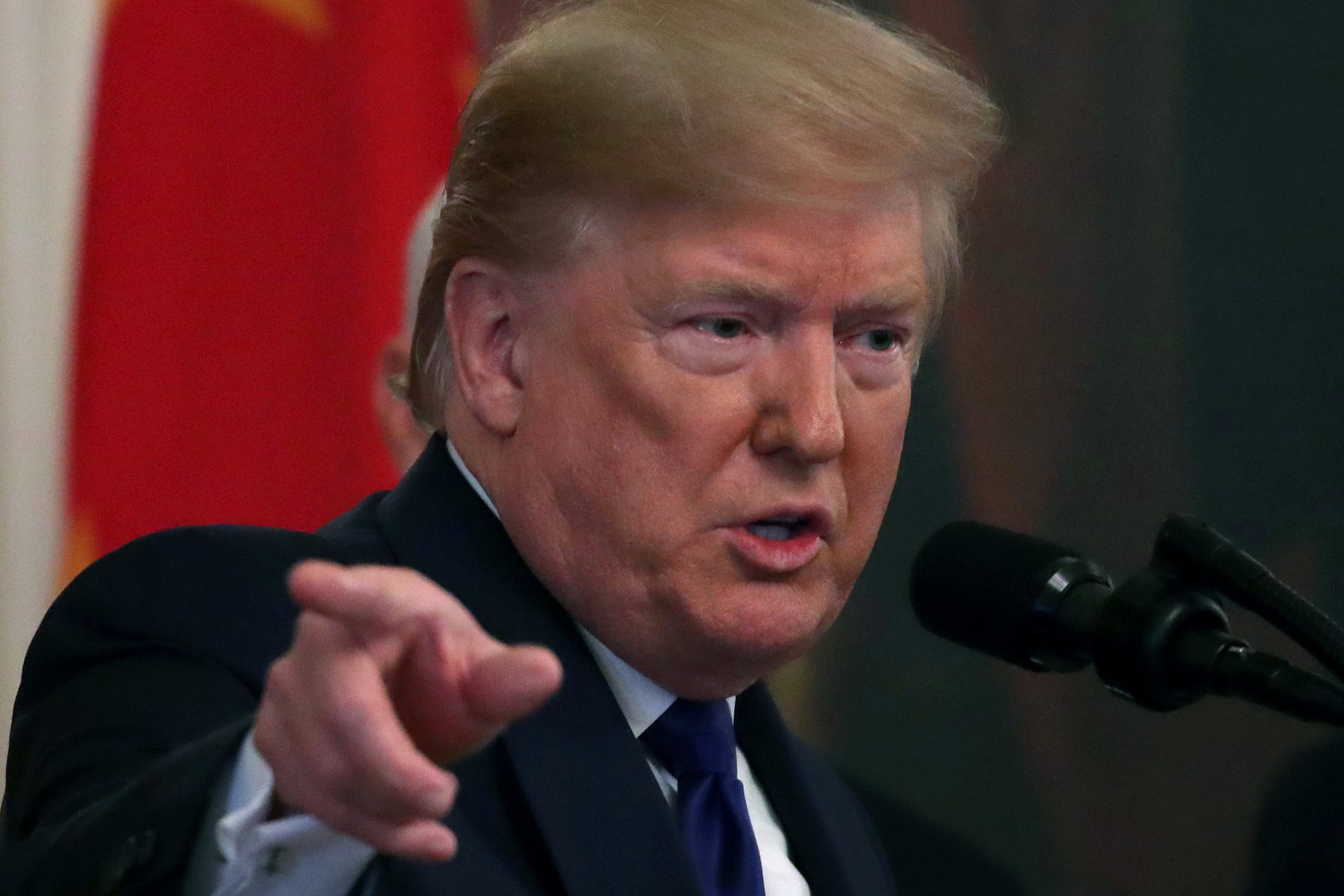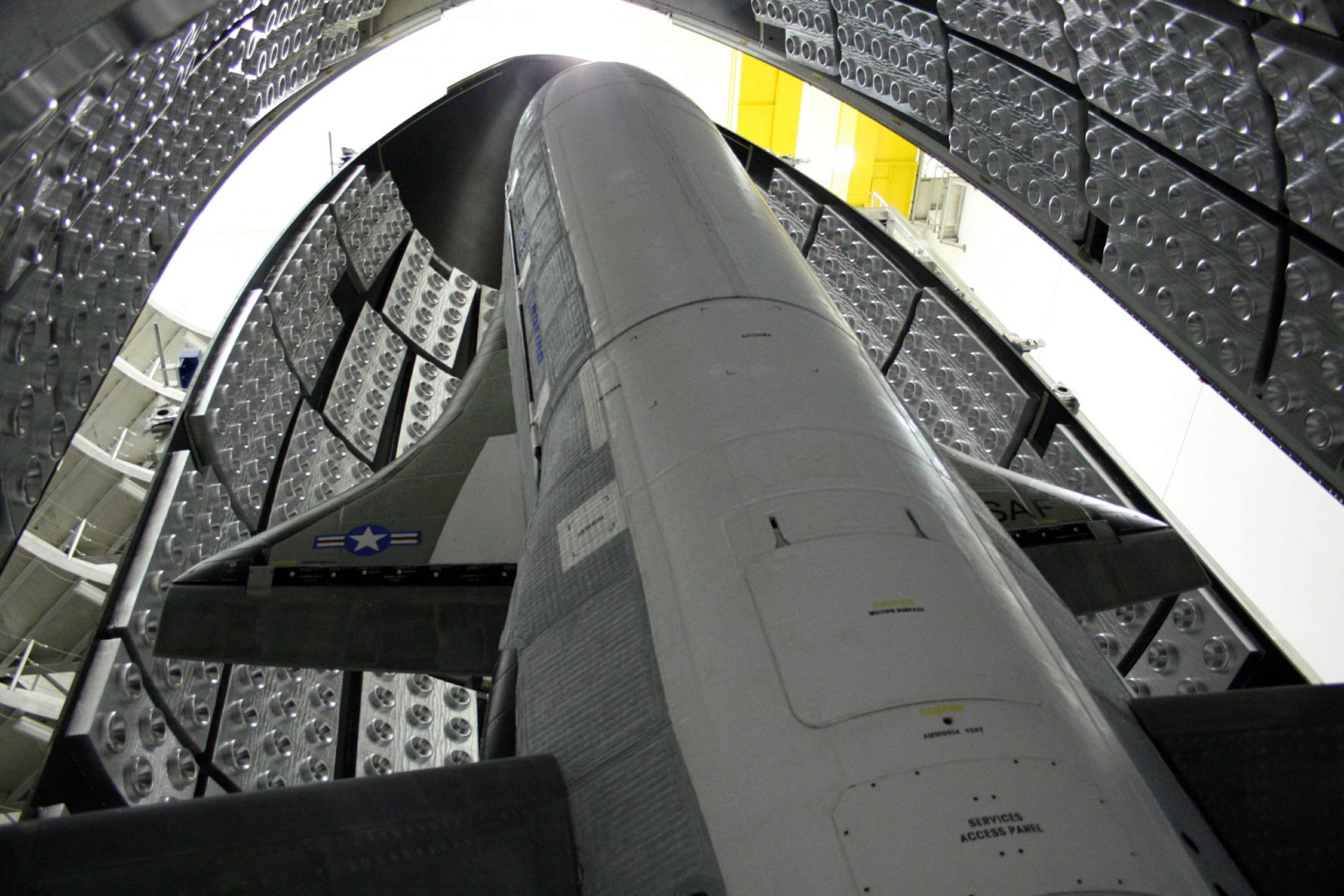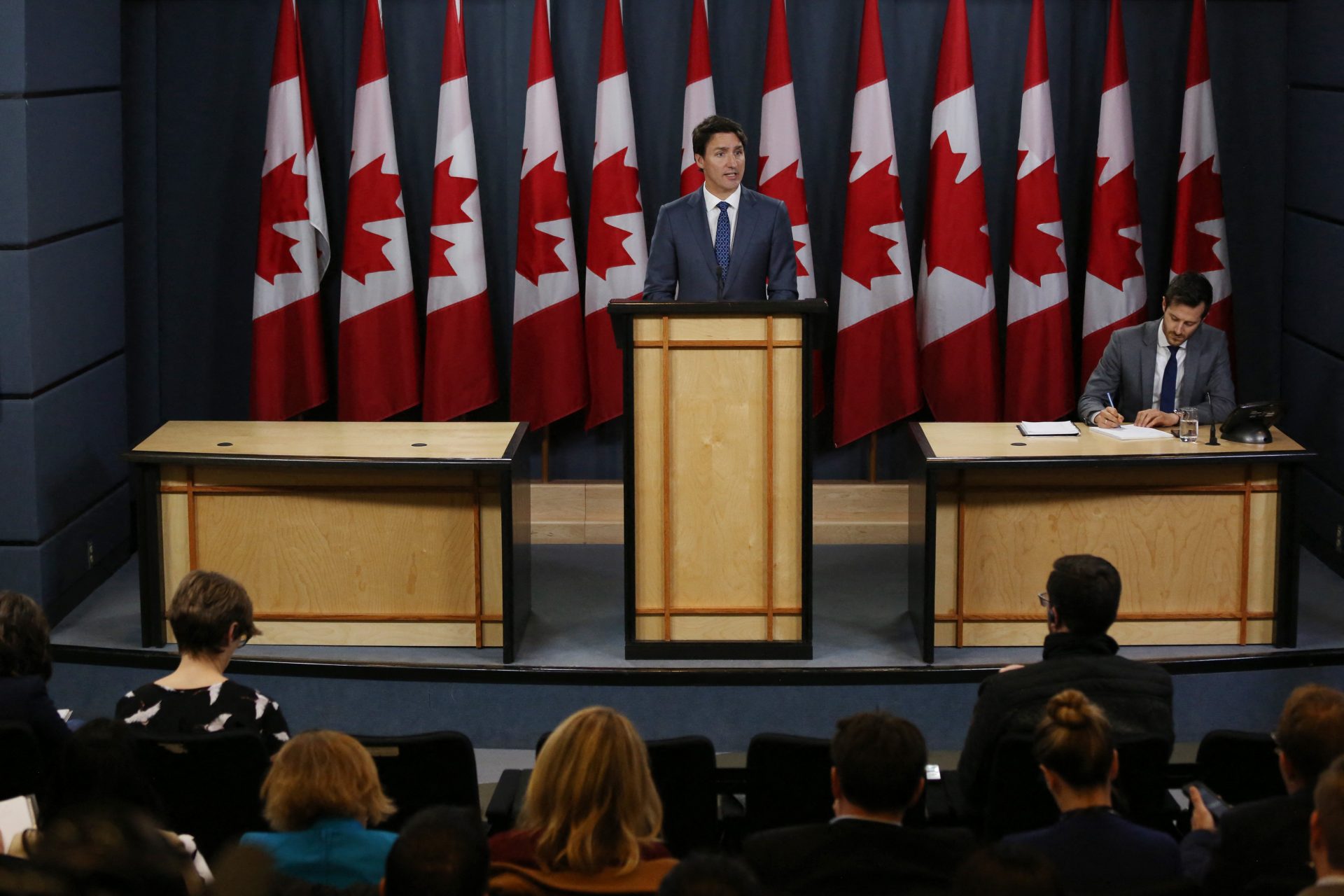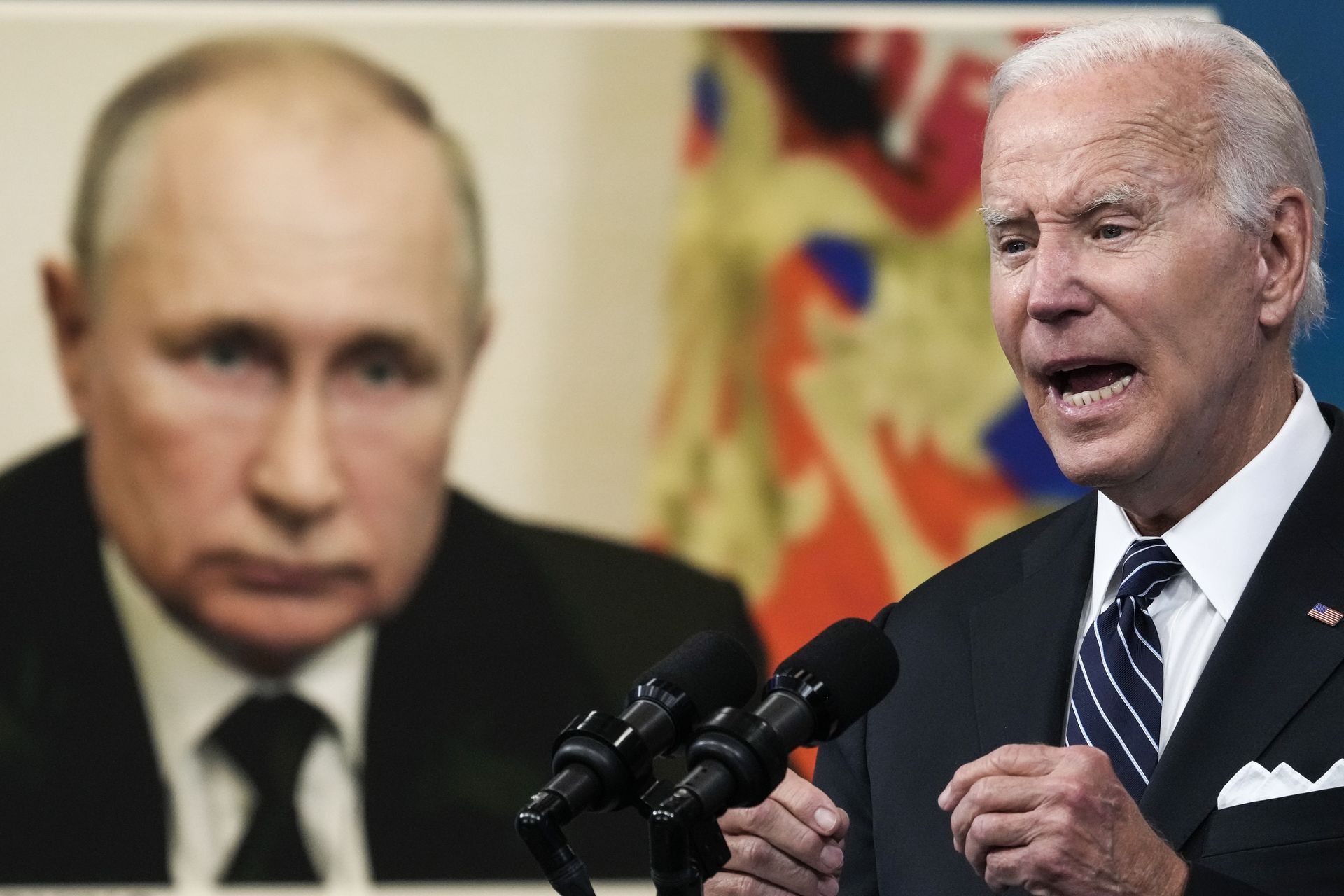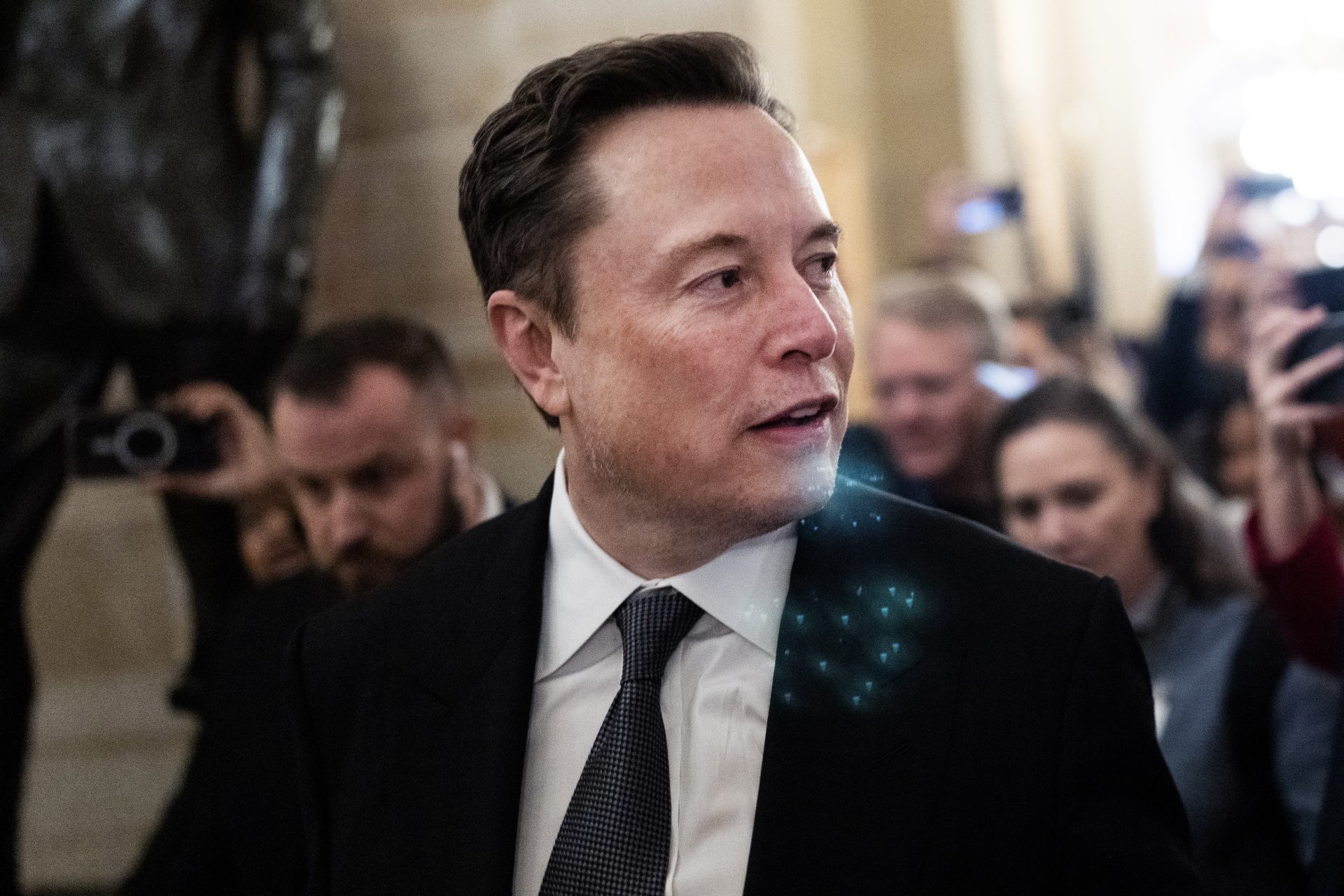Iran is beefing up its nuclear program, putting the world on edge
Iran has escalated its nuclear program by activating advanced centrifuges, a response to what it perceives as the International Atomic Energy Agency's (IAEA) non-compliance with its demands.
This development, which enhances the country's uranium enrichment capacity, edges Iran closer to the potential creation of nuclear weapons, thereby heightening global tensions. The international community is now faced with the urgent question of how to address this escalation and assess its implications for global security.
In a joint statement, Iran's Foreign Ministry and its Atomic Energy Organization declared that the recent measures aim to safeguard national interests and advance the development of nuclear energy for peaceful purposes. These steps are in line with Iran's national requirements and rights, according to reports from IRNA and CNN.
Since the 1979 Islamic Revolution, Iran has developed a nuclear program, raising concerns about its potential military use. The 2015 Joint Comprehensive Plan of Action (JCPOA) was intended to limit Iran’s nuclear capabilities in exchange for sanctions relief.
However, the United States’ withdrawal from the deal in 2018 led to Iran increasing uranium enrichment significantly beyond agreed limits, EFE reported.
Iran has started commissioning new centrifuges at its nuclear facilities, a move that violates commitments made in the Joint Comprehensive Plan of Action (JCPOA), Concilium Europa said. The move has increased tensions with the international community, which fears a possible escalation of its nuclear program.
Photo: Wikimedia commons
The IAEA Board of Governors has approved a resolution, promoted by Germany, France, the United Kingdom and the United States, criticizing Iran’s lack of cooperation and calling for a comprehensive report on Iran’s nuclear activities.
Tehran rejected the measure as “unjustified and hostile” and announced the installation of new centrifuges in response, EFE reported. Pictured is the person responsible for Iran's nuclear program, Mohammad Eslami, during the General Conference of the International Atomic Energy Agency (IAEA) in September 2024.
The International Atomic Energy Agency (IAEA) has warned about the progress of Iran's nuclear program, stating in a recent report that Iran has enough enriched uranium to produce up to four nuclear weapons. This information has raised alarm bells in the international community, according to CNN. Pictured is IAEA Director General Rafael Grossi.
The European Union has reaffirmed its opposition to Iran's development of nuclear weapons in strong terms. The sanctions imposed underline concerns about Tehran's uranium enrichment, which is seen as unnecessary.
The launch of new centrifuges could increase instability in the Middle East. Neighboring countries, such as Israel, see this development as a direct threat to their national security, increasing the risk of confrontation in the region, according to BBC News. Israeli Defense Minister Gideon Saar (pictured) also wrote in X that “Iran’s nuclear race must be stopped,” according to CNN.
Although Iran has embassies in 162 countries, its international relations are limited. The Persian nation has few allies and global cooperation remains minimal, reflecting its diplomatic isolation. Pictured is Abbas Araghchi, Minister of Foreign Affairs of Iran.
The same source emphasizes that Iran has consolidated an “axis of resistance” alongside groups such as Hezbollah and Hamas, increasing tensions in the Middle East. This strategy worsens relations with the West and strengthens its position vis-à-vis regional adversaries.
Photo: commons.wikimedia.org
Sanctions imposed by the United States and the European Union, intended to limit Iran's nuclear capabilities, have proven ineffective. Iran's nuclear program continues to advance despite international efforts to halt it.
International sanctions have severely hit Iran's economy, but the regime is prioritising the development of its nuclear programme over the well-being of its people, exacerbating the domestic crisis, Amnesty International said. Pictured: Iranian President Masoud Pezeshkian presents the 2025 budget.
According to an EFE article, Iran is accused of systematic human rights violations. These accusations undermine the country's legitimacy, further complicating its foreign relations.
The international community is divided on how to deal with Iran's nuclear problem. While some countries advocate a diplomatic approach, others stress the need to impose tougher sanctions to stop Tehran's advance.
World powers have recently tried to revive talks over Iran's nuclear program, but so far the results have been limited, preventing a resolution to the conflict. Pictured are the head of Iran's Atomic Energy Agency, Mohammad Eslami (left), and the head of the UN nuclear body, Rafael Grossi, during a joint press conference in Tehran on November 14, 2024.
The future of Iran’s nuclear program remains uncertain. While international pressure could force Iran to reconsider its position, there is also the risk of an escalation of the conflict. This could increase tensions in the region and globally.
More for you
Top Stories



